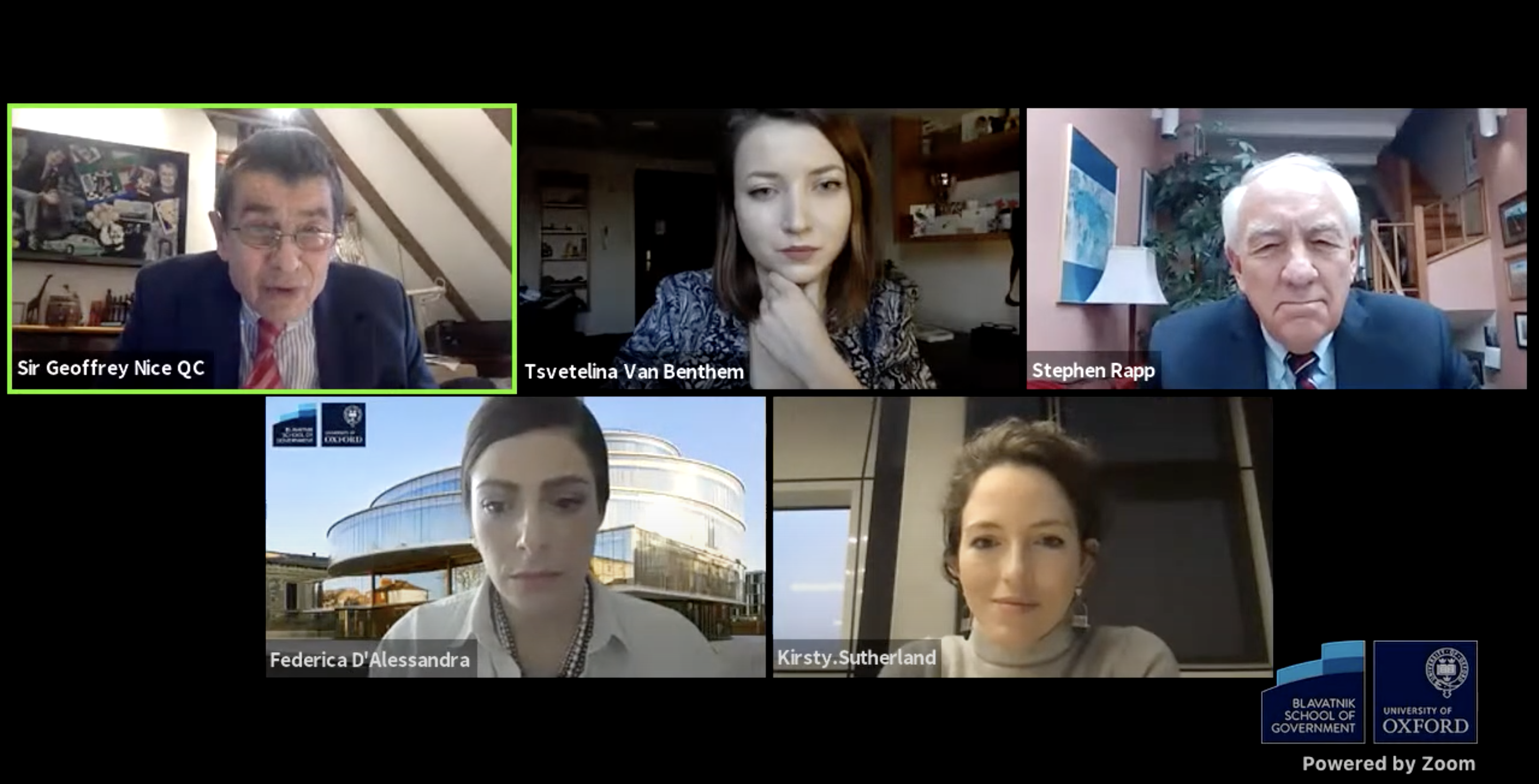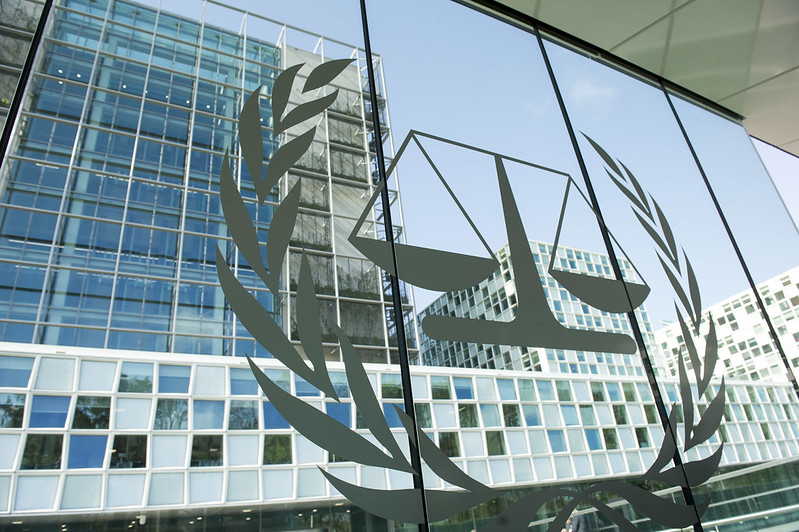The research team of our Programme on International Peace and Security (IPS) has provided both oral and written evidence to the recent UK Parliamentary Inquiry on the detention camps discovered in the Chinese province of Xinjiang, also laying out legal and policy options for the UK under both international and domestic law on how to address this matter, also making broader recommendations on how to re-orient the overall UK atrocity prevention strategy.
This initiative has prompted a recent virtual event on the topic: a panel discussion on China’s alleged commission of international crimes in the Xinjiang detention camps. Moderated by IPS Executive Director Federica D’Alessandra, panellists Ambassador Stephen Rapp, Senior Fellow of Practice with IPS, Kirsty Sutherland, IPS Visiting Fellow, and Sir Geoffrey Nice QC discussed the characterisation of the alleged crimes and mechanisms available under international law for ensuring international protection and scrutiny. The panel also looked at the UK domestic response to the allegations to date, including the UK Parliamentary Inquiry on the Xinjiang detention camps, and potential contributions of civil society in responding to the alleged crimes. The discussion took place against the background of the UK government’s atrocity prevention strategy, including ongoing debates on a Parliament-supported ‘genocide determination’ bill that would affect a bilateral trade deal with China.This event was co-hosted by the Oxford Programme on International Peace and Security, the Oxford Institute for Ethics, Law and Armed Conflict, the Bonavero Institute of Human Rights, and the Oxford Transitional Justice Research group.
Relatedly, Stephen Rapp was recently quoted in a Washington Post article on the US State Department determination that the Chinese government’s actions against the Uyghur minority amount to crimes against humanity and genocide. In the article, Ambassador Rapp notes that, to qualify under the Convention on the Prevention and Punishment of the Crime of Genocide, there must be both acts and intent “to destroy, in whole or in part, a national, ethnical, racial or religious group”, and p,” and that acts underpinning that intent need not be ‘kinetic’ in nature. In the Uyghur case, there are both, as evinced by recent measures to intentionally reduce the birthrates, and therefore the population, of Uyghurs and other minorities through forced sterilization, forced and monitored birth control, and forced abortion policies that inordinately target these groups. As Ambassador Rapp stressed, genocide may occur without death camps or without machetes in churchyards. It may happen biologically and over a long period of time. According to Ambassador Rapp, the evidence of intent to commit genocide, in this case, is stronger than in any case we’ve had since Rwanda.




